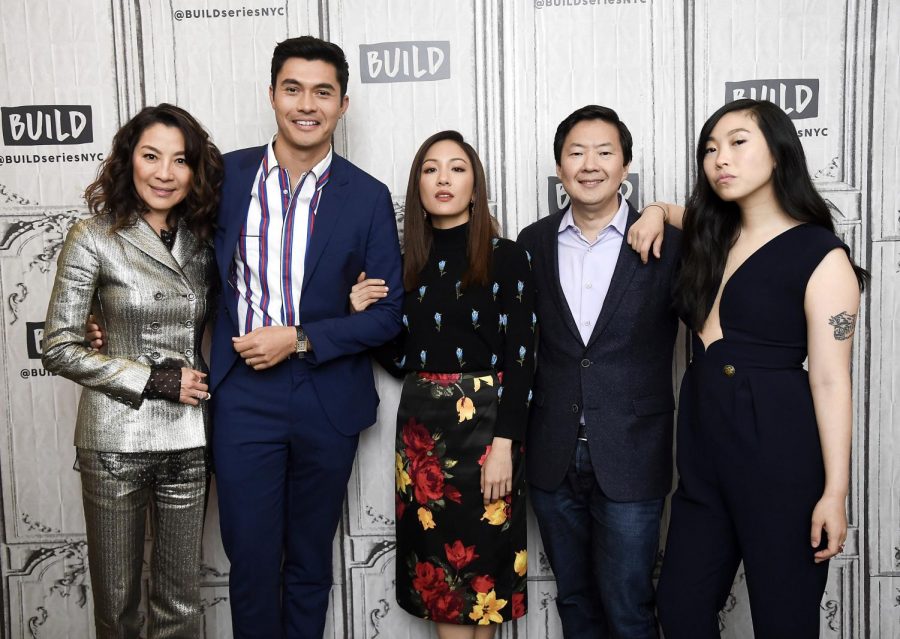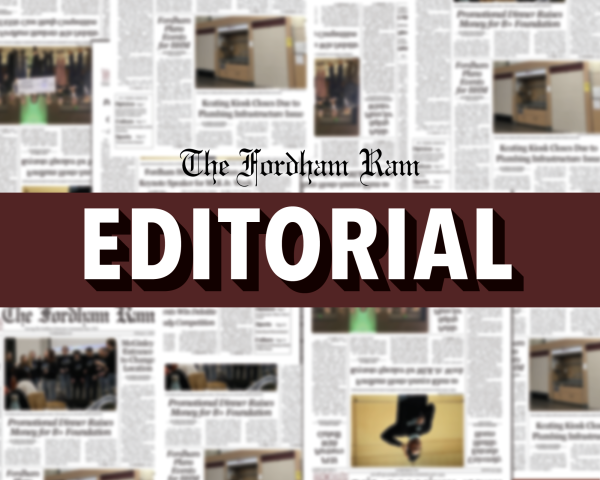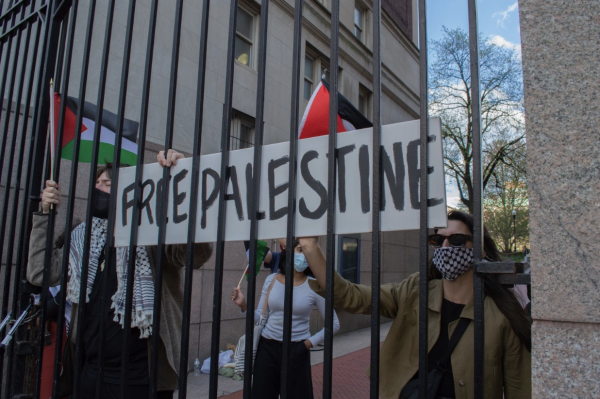Keep Diverse Heroes Shining in Hollywood
A few weeks ago Movio, a film industry marketing and data firm, found that a diverse cast helps drive crowds to the theaters, according to its recent study.
The analysis draws connections between a minority group’s representation on screen and that group’s audience turnout. Though profit should not be the film industry’s motivation to hire more minority actors, it disproves the belief that diversity holds no impact on a film’s turnout.
It is simple to determine why diversity brings more people to the theaters: People want to see themselves in media. One look at the success of films like “Wonder Woman” and “Black Panther” makes this evident. Sometimes minorities are so desperate for accurate and meaningful representation, it will draw them to a genre of film they have never been interested in.
Representation is vital to the self-esteem of children throughout the world. Young boys and girls cannot go through life with only their mothers and fathers as their role models. It is not simply important, but vital for these children to be able to look up to others as they grow.
One major source of role models is the media, specifically the films and television shows we watch at the most impressionable times of our life.
Therefore, it is important that the fictional media the American youth consumes does not always feature the same average white male protagonist. Films and shows like “Black Lightning,” “Black Panther” and “Luke Cage” have not only provided several outstanding role models for the country’s black youth, they do so while tackling issues they and their family may specifically deal with.
Unlike other media featuring black protagonists, films and shows in the superhero genre have the luxury of appealing to a wide demographic. While providing representation for African American viewers, these stories are meant to be seen by people of all races and ethnicities.
This not only helps to educate white Americans about the privilege they so often hold over other minorities, but ultimately boosts the popularity of the media by widening their audience. One example is the cult following of the CW’s “Black Lightning.”
Protagonist Jefferson Pierce, who goes by Black Lightning during his vigilante hours, spends his days as a public high school principal, while also taking care of his two teenage daughters. Already this is a major step up from the typical portrayal of African American men, who are commonly shown in media to be at best irresponsible, and at worst criminal.
Major arcs and plot points of the show center around the stereotypes Jefferson and his family face. One such incident includes when Jefferson is pulled over by a white cop, for seemingly no reason other than the cop’s prejudiced outlook. But rather than show Pierce expressing his frustration to the cops in a physical manner, he explains to the officers why he should not have been pulled over.
It is easy to create a character who is jaded by the world, no matter how rightfully so, but to see a character overcome the unfairness of the world, in a heroic way nonetheless, is inspiring.
As a young girl, I had idolized most heroes, but heroines always resonated with me more than the average male heroes. The black youth of America deserve their own relatable heroes.
Hollywood has no reason not to provide them with those heroes. They no longer have the excuse that audiences do not want to see diversity on the screen.
So to those filmmakers that still stubbornly hold on to this belief, I’ll remind them of the stoic Seneca’s famous saying: Fate leads the willing and drags along the reluctant.
Briana Scalia, FCRH ’20, is a journalism major from Long Island, New York.







